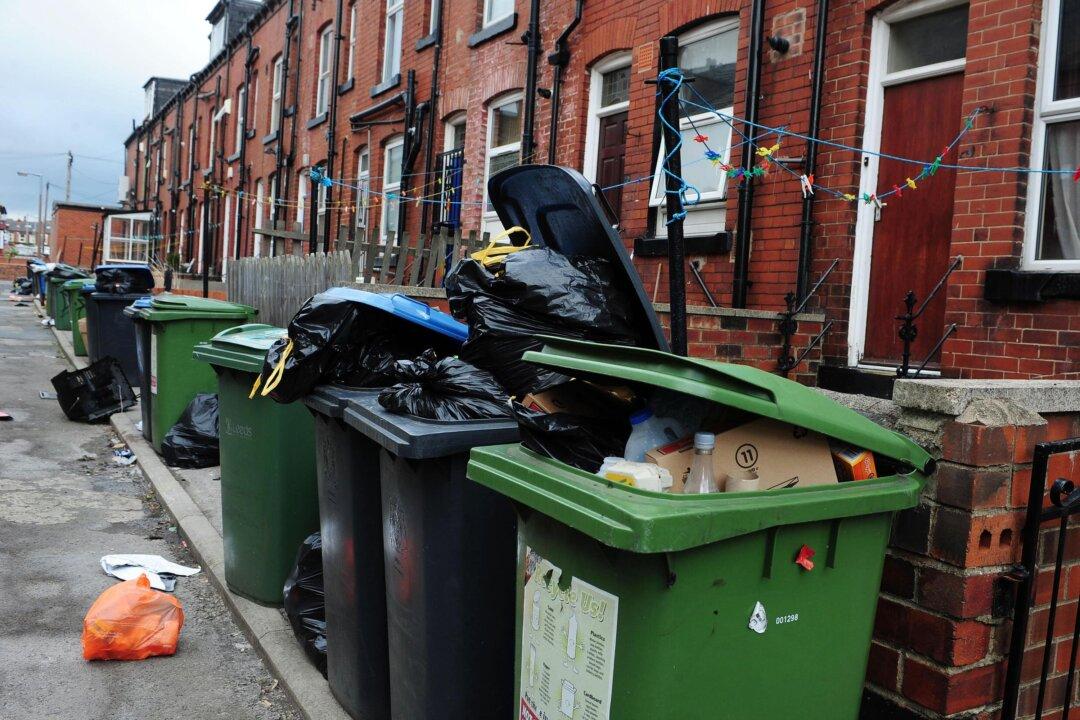The Local Government Association (LGA) said on Friday that Councils in England face a funding gap of £6.2 billion over the next two years.
The body, which represents 315 of 317 councils in England, said the only way the next government can solve the issue is to provide “long-term financial certainty” and empower councils.





